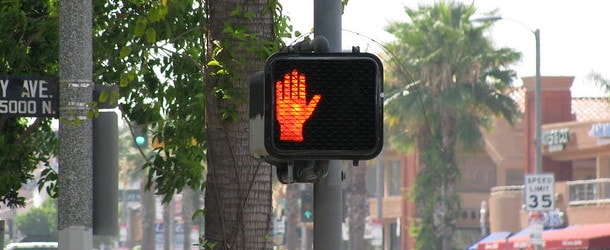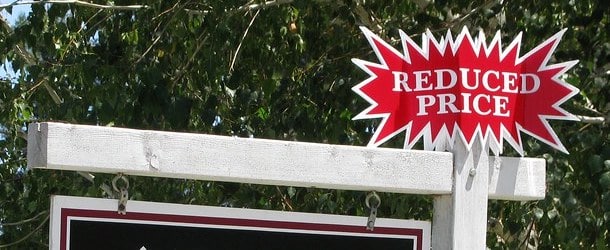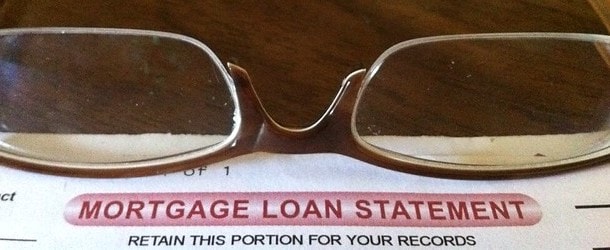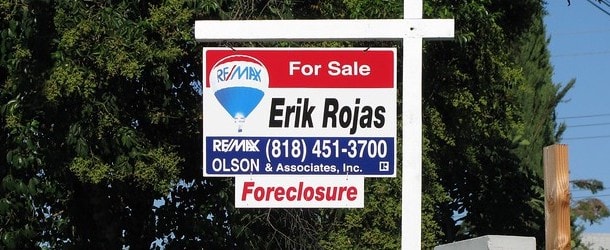Foreclosure
Foreclosure isn’t a good thing, but knowing more about how it works and the alternatives to it can be useful.
I wrote quite a few posts about foreclosures back in the early 2000s when it was common to walk away or lose your home.
But since that time, foreclosure has become a lot more rare. This is great news obviously, with the typical homeowner in a much better position today.
You can thank rising home prices, lower-risk mortgages, and ultra-low mortgage rates for that.
However, there will always be cases when foreclosure takes place.
Aside from the posts below, you can read more about the foreclosure process and how to keep your home if you’re at risk of losing it.
Some foreclosure alternative include short sales and deed-in-lieu of foreclosure.









